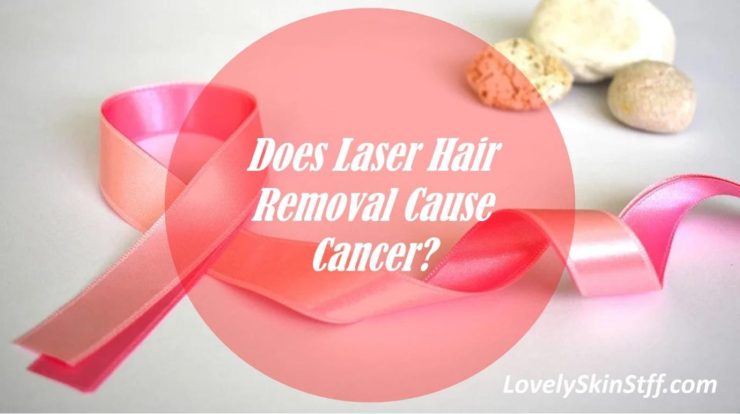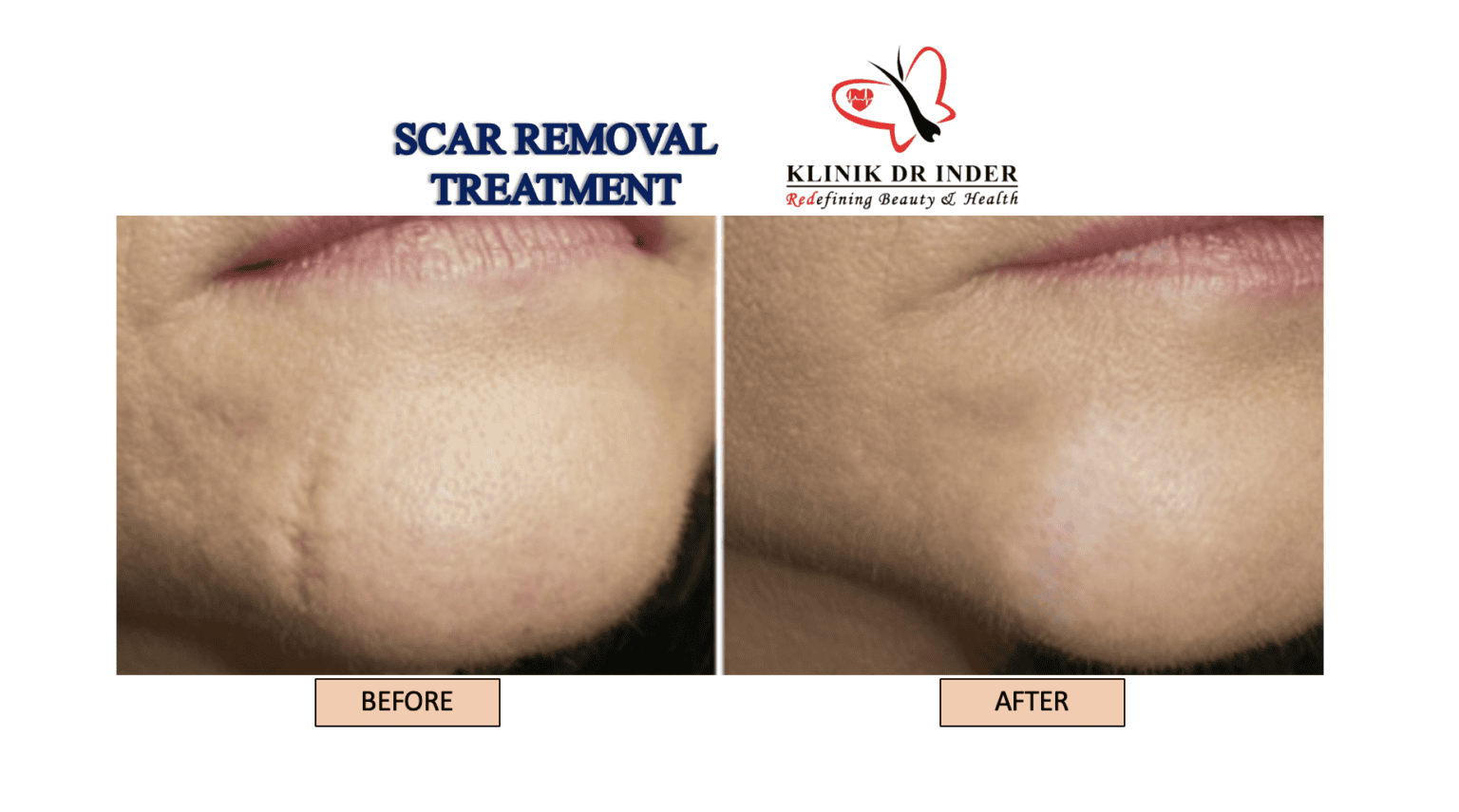Table Of Content
- Does IPL Laser Hair Removal Cause Cancer
- Laser Skin Treatment Could Increase Risk Of Cancer, Doctors Warn
- See our latest innovations in personal care
- Medical-grade Laser Hair Removal with the Elite iQ Dual-wavelength laser
- Week Integrative Oncology Program Now Accepting New Patients
- Is laser hair removal permanent?

Before getting a laser hair removal treatment, you will first meet with a medical provider or dermatologist for a consultation. The provider will evaluate your skin and hair type in order to choose the right laser for your skin and hair color. Laser hair removal is most effective when it's used on individuals with lighter skin and dark hair. As technological advancements continue in laser hair removal, researchers are hoping to develop laser hair technology that provides permanent and complete hair removal for all skin and hair types. Most people experience excessive or unwanted hair growth at some point in life. People may opt for laser hair removal for comfort and convenience, cosmetic reasons, or medical reasons.
Does IPL Laser Hair Removal Cause Cancer
Therefore, the procedure itself does not directly increase the risk of skin cancer. Skin cancer is a serious health concern that affects millions of people worldwide. While laser hair removal is a popular method for achieving long-term hair removal, many individuals wonder if there is a connection between laser hair removal and an increased risk of developing skin cancer.
Laser Skin Treatment Could Increase Risk Of Cancer, Doctors Warn
Here are some essential tips to help you navigate the process and achieve the best results while minimizing potential risks. Choose a reputable provider with experience in laser hair removal. You might notice redness and swelling for the first few hours after laser hair removal.
See our latest innovations in personal care
Skin cancer, on the other hand, is primarily caused by damage to the DNA in skin cells from excessive sun exposure or genetic factors. Additionally, the study also found that the DNA damage caused by laser hair removal was similar to that caused by other common activities, such as exposure to sunlight. It is well-established that excessive exposure to sunlight can lead to DNA damage and increase the risk of skin cancer. However, unlike sunlight, laser hair removal is a controlled procedure that targets specific areas and does not expose the entire body to potentially harmful radiation.
Currently, there haven't been large, long-term studies on how safe and effective the home machines are. Hairs do not fall out immediately, but you will shed them over a period of days to weeks. The repeated treatments are usually necessary because hair growth and loss naturally occur in a cycle, and laser treatment works best with hair follicles in the new-growth stage. You can buy tools to remove hair at home, but since this is a medical treatment, it's better to have a professional do it.
Your dermatologist might apply a topical anesthetic before the procedure to minimize these effects. While temporary minor side effects may occur, severe reactions are rare. If you experience noticeable changes in skin texture, it is essential to seek professional advice. It’s important to note that these reactions are usually minor and similar to those experienced with other hair removal methods, such as waxing. Discover the beauty of radiant, healthy skin with GlowskinCare, your go-to destination for specialized skincare and hair removal solutions.

Week Integrative Oncology Program Now Accepting New Patients
Laser hair removal may not be suitable for individuals who have skin cancers or suspicious moles in the treatment area. In conclusion, while laser hair removal does not directly increase the risk of developing skin cancer, certain factors or conditions may elevate the risk after the procedure. People with a genetic predisposition, fair skin, light hair, and a high number of moles should be particularly vigilant about protecting their skin and getting regular skin check-ups. As with any medical procedure, it is essential to consult with a healthcare professional to assess individual risk factors and ensure the safest course of action.
Laser Hair Removal Risks - Danger of Laser hair Removal Surgery - ELLE
Laser Hair Removal Risks - Danger of Laser hair Removal Surgery.
Posted: Tue, 09 Jul 2013 07:00:00 GMT [source]
Is laser hair removal permanent?
People with hormonal conditions may want to wait for laser hair treatment until they achieve hormone balance. Numbing the area to be treated helps when a small area will be treated and the skin is very sensitive. After the first treatment, many people will only be hair-free for a few months. The hairs will eventually grow back, though they are often finer, lighter, and less likely to be noticed than before.

Home laser removal kits are available for people who want to remove unwanted hairs without going to a dermatologist. Experts do not recommend laser hair removal for people who are pregnant. This is because scientists have not carried out any human studies that prove the safety of laser hair removal during pregnancy. Laser hair removal therapy does work, but it rarely achieved permanent hair removal. Laser treatment can significantly reduce hair growth, nevertheless.
A common concern surrounding IPL laser hair removal is its potential link to cancer, especially given that the process involves a form of radiation. The term “radiation” often brings to mind harmful associations, but it’s crucial to understand the specific type used in IPL treatments. Unlike ionizing radiation found in medical imaging procedures like MRIs or CT scans, which can cause cell damage leading to cancer, IPL employs non-ionized light energy. This distinction is fundamental, as non-ionized radiation does not have the same damaging effects on cellular DNA. Clinical research has not found a compelling link between laser hair removal and skin cancer.
Choosing the right type of laser for your specific skin and hair type is crucial to ensure the procedure’s effectiveness and minimize potential risks. Long-term studies on the safety of laser hair removal are ongoing. However, the current scientific consensus is that laser hair removal is a safe and effective procedure when performed by a qualified professional using appropriate equipment. Before your laser hair removal treatment, it’s important to properly prepare to minimize any potential risks and ensure the best possible results. It is important to note that laser hair removal is not a permanent solution. While the procedure can significantly reduce hair growth, new hair follicles may develop over time, requiring additional treatments for maintenance.
It is important to consult a qualified laser hair technician or healthcare professional for laser hair removal treatments to minimize any potential risks. Laser hair removal operates by targeting the melanin in hair follicles with concentrated light energy, thereby inhibiting hair growth. It is a non-invasive procedure that is commonly performed in clinics by trained professionals using specialized laser devices.
However, Sorg et al. findings on lipid peroxide formation, most likely induced by ROS, are supported by Zastrow et al. (2009) who showed that ROS production is stimulated across the entire spectrum from UV to IR. Other potential side effects include swelling, redness, and scarring. Lasers can selectively target dark, coarse hairs while leaving the surrounding skin undamaged.
The information provided is intended for general informational purposes only and should not be considered a substitute for professional medical or legal advice. Scientific knowledge and regulations may have evolved since that time, and individual circumstances can vary. For the most current and tailored guidance, consult with qualified professionals in the relevant field. Ensuring a safe and successful laser hair removal experience requires careful consideration and preparation. The number of treatments required depends on the individual patient and the area being treated.















